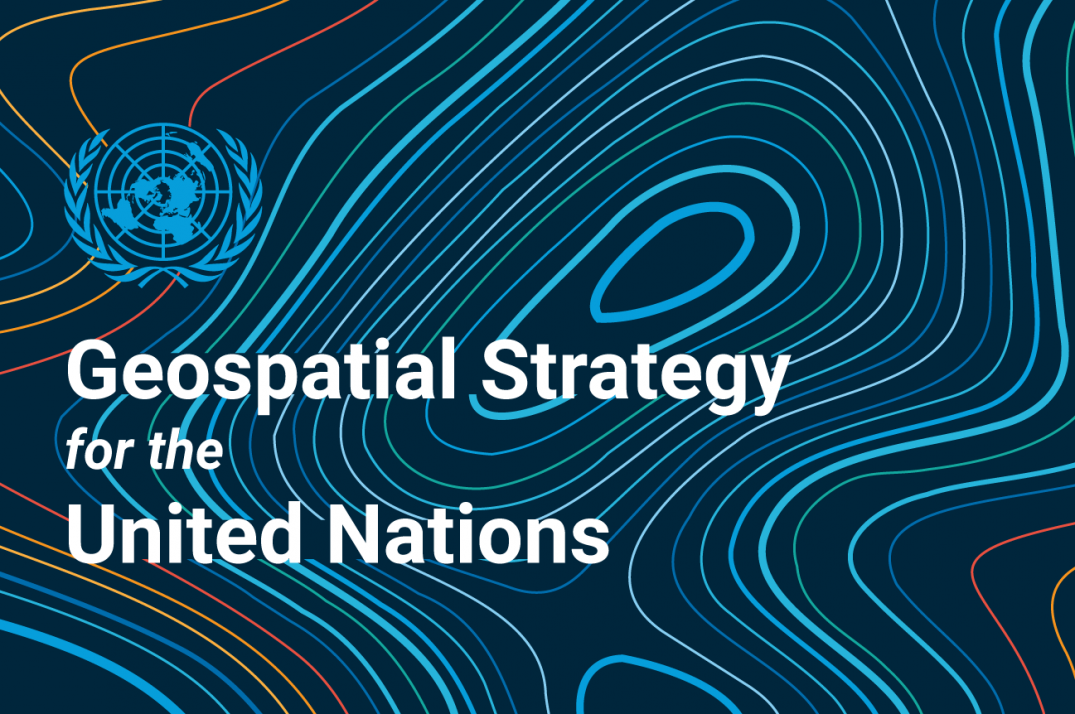What we do
" The Geospatial Strategy for the United Nations aims to contribute to the data ecosystem by enabling location information for the Organization. The vision is to build synergy on activities and investments on geospatial information management in the United Nations, “Delivering as One” by bringing geospatial data to innovate and to act for a better world."
Mr. Patrick Carey, Chief Information Technology Officer
Office of Information and Communications Technology
 The Geospatial services vision, mission goals and direction to support the implementation of the mandates of the United Nations Secretariat are contained in the Geospatial Strategy of the United Nations.
The Geospatial services vision, mission goals and direction to support the implementation of the mandates of the United Nations Secretariat are contained in the Geospatial Strategy of the United Nations.
The Geospatial services of the Secretariat aim for the effective, efficient and universal use of geospatial information in support of all mandates and operations of the United Nations for a better world. The specific geospatial services are detailed under Secretariat services and the overall Secretariat role.
Our mission is to mainstream the use of geospatial information across the United Nations Secretariat and system for unified, integrated and accessible information; analysis and visualization for evidence-based decision-making; and data action in support of peace and security, human rights, international law, development, and humanitarian aid.
The Geospatial Strategy for the United Nations is comprised of 4 goals:
Goal 1: Strengthen geospatial mandates, activities and authoritative services to underpin all aspects of the work of the Organization.
Goal 2: Enhance innovative geospatial services and analytics for users’ problem-solving and decision-making that support the mandates of the Organization.
Goal 3: Foster a global integrated, federated and multi-disciplinary geospatial services delivery across the United Nations system “Delivering as One.”
Goal 4: Engage in partnerships with the global community for enhanced geospatial capacity and delivery for societal, environmental and economic benefits (including with Member States, non-governmental organizations, the private sector, innovators, academia, geospatial societies, and citizens).

